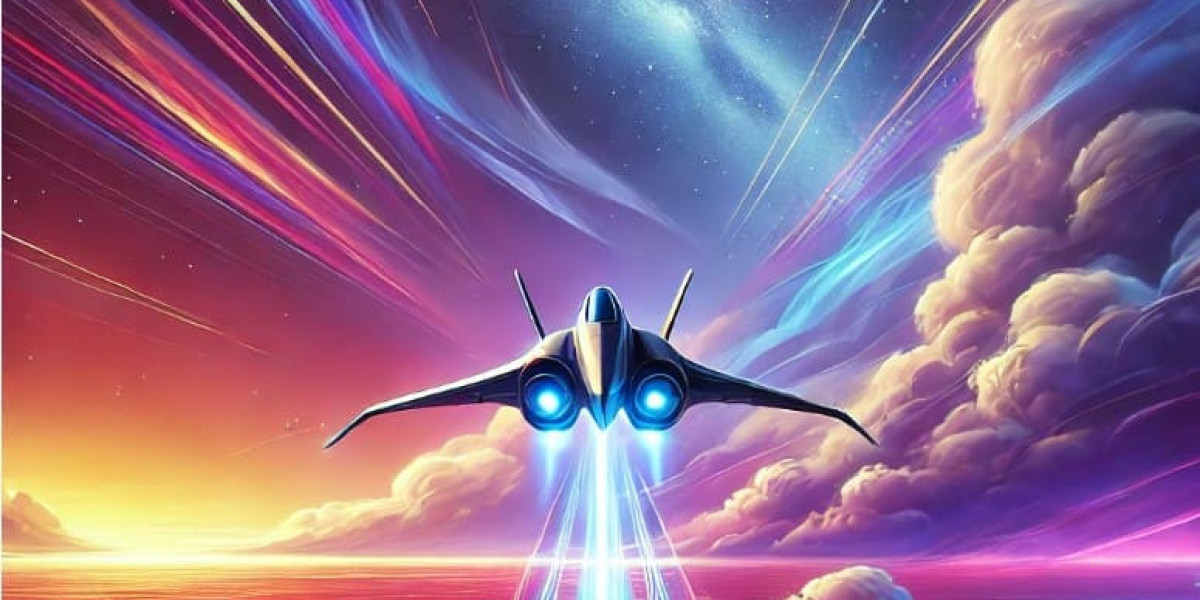Lucky Star Aviator: Soaring Through the Skies of Nostalgia and Modern Gaming
The year is 2007. Anime culture is hitting its stride worldwide, and a particular slice-of-life anime, *Lucky Star*, is captivating audiences with its meta-humor, relatable characters, and infectious charm. Fast forward to 2023, and a seemingly unrelated phenomenon is sweeping the online gaming world: the "Aviator" game, a simple yet addictive crash game where players bet on a rising multiplier before it randomly crashes. Now, imagine these two disparate worlds colliding. Enter the realm of Lucky Star Aviator – a fusion of anime nostalgia and high-stakes gambling that's capturing the attention of both anime fans and gaming enthusiasts alike. But what exactly *is* Lucky Star Aviator, why is it so popular, and what makes it such a unique cultural phenomenon?
The Genesis of an Idea: Lucky Star's Enduring Appeal
*Lucky Star*, created by Kagami Yoshimizu, isn't your typical action-packed anime. Its strength lies in its relatable portrayal of everyday life, focusing on the quirky interactions of four high school girls: Konata Izumi, the energetic and otaku-obsessed protagonist; Kagami Hiiragi, the intelligent and responsible twin sister; Tsukasa Hiiragi, the gentle and clumsy twin sister; and Miyuki Takara, the intelligent and well-mannered girl. The show's humor stems from observational comedy, pop culture references, and a self-aware acknowledgment of anime tropes. This approach resonated with a generation, making *Lucky Star* a cultural touchstone.
The enduring appeal of *Lucky Star* lies in its accessibility. It doesn't require deep knowledge of complex narratives or intricate lore. Instead, it offers a comfortable and familiar world populated by characters that feel like friends. The show's focus on everyday moments, like shopping for manga, playing video games, or discussing the proper way to eat a chocolate cornet, creates a sense of connection and nostalgia. This established fanbase provides fertile ground for the introduction of new content that leverages the existing characters and themes.

The Allure of Aviator: Simplicity and Thrill
On the other side of the equation, we have the Aviator game. This is a type of "crash game," where players place a bet and watch a multiplier increase over time. The catch? The multiplier can "crash" at any moment, and if players haven't cashed out their bet before the crash, they lose their stake. This creates a simple yet incredibly thrilling gameplay loop.
The popularity of Aviator stems from several factors. First, it's incredibly easy to learn. The rules are straightforward, and the interface is intuitive. Second, it offers the potential for quick wins. The rising multiplier can lead to significant payouts in a short amount of time, appealing to players seeking instant gratification. Finally, the game incorporates elements of social interaction. Players can see the bets and cash-out decisions of other players in real-time, creating a sense of shared excitement and camaraderie. This blend of simplicity, thrill, and social interaction has made Aviator a widespread phenomenon in the online gaming world.
Lucky Star Meets Aviator: A Perfect Storm?
So, how do these two seemingly unrelated concepts come together? The answer lies in the power of branding and the appeal of niche crossovers. Lucky Star Aviator is essentially a reskin of the Aviator game, featuring characters and imagery from the *Lucky Star* anime. Instead of a generic airplane or rocket, players might see Konata piloting the "aviator" or Kagami and Tsukasa cheering from the sidelines. The sounds and music might also be adapted from the anime soundtrack, further immersing players in the *Lucky Star* universe.

This combination creates a potent appeal for several reasons. First, it taps into the existing fanbase of *Lucky Star*. Fans who already enjoy the anime are more likely to be drawn to a game that features their favorite characters. Second, it introduces the Aviator game to a new audience. People who might not have been interested in a generic crash game might be more inclined to try it out if it's presented within the context of a familiar and beloved anime. Finally, the novelty of the crossover itself generates buzz and attracts attention, making Lucky Star Aviator a potentially viral sensation.
Why This Crossover Works: Nostalgia, Recognition, and Engagement
The success of Lucky Star Aviator, should it achieve significant traction, hinges on a few key factors:
- Nostalgia: The anime evokes a sense of nostalgia for many players who grew up watching it. This nostalgia can be a powerful motivator for trying out the game.
- Recognition: The familiar characters and imagery instantly recognizable, creating a sense of comfort and familiarity.
- Engagement: The crossover creates a more engaging experience for players who are already fans of *Lucky Star*. They're not just playing a game; they're interacting with characters and a world they already know and love.
However, ethical considerations come into play. Gamifying gambling can be problematic, especially when targeting audiences who may be more susceptible to addiction. Responsible gaming practices and clear warnings are crucial to ensure players are making informed decisions.
The Potential Challenges: Licensing, Copyright, and Ethical Concerns
While the concept of Lucky Star Aviator is appealing, it also presents several potential challenges. One of the most significant is licensing and copyright. To legally create and distribute a game featuring *Lucky Star* characters, the developers would need to secure the necessary rights from the copyright holders. This can be a complex and expensive process, and failure to do so could result in legal action.
Another challenge is ensuring the quality of the game. Simply slapping *Lucky Star* characters onto a generic Aviator template won't be enough to satisfy fans. The game needs to be well-designed, visually appealing, and true to the spirit of the anime. This requires a significant investment in development and design.
Furthermore, there are ethical considerations to address. The Aviator game involves gambling, and it's important to ensure that the game is responsible and doesn't promote addictive behavior. This includes implementing measures to prevent underage gambling, providing resources for players who may be struggling with addiction, and ensuring that the game is transparent and fair.
The Future of Anime-Themed Gaming: Beyond Lucky Star Aviator
Lucky Star Aviator, whether it exists in reality or remains a conceptual idea, highlights the potential for anime-themed gaming crossovers. The success of games like *Genshin Impact*, which blends anime aesthetics with open-world gameplay, demonstrates the market demand for this type of content. As the anime industry continues to grow and evolve, we can expect to see more creative and innovative ways to integrate anime characters and themes into the gaming world.
Examples of Potential Anime-Themed Gaming Crossovers
| Anime | Genre | Potential Crossover |
|---|---|---|
| *Attack on Titan* | Action, Dark Fantasy | Multiplayer survival game where players must defend against waves of Titans. |
| *My Hero Academia* | Superhero, Action | Hero-based arena fighter where players can battle it out using their Quirks. |
| *Spy x Family* | Comedy, Action | Stealth action game where players take on the role of Loid Forger, completing missions while maintaining his cover. |
| *Cowboy Bebop* | Sci-Fi, Action | Open-world bounty hunting game where players explore the solar system and take on contracts. |
The key to success in these crossovers is to find a genre and gameplay style that complements the anime's themes and characters. The goal is to create an experience that feels authentic and engaging, while also providing a unique and enjoyable gameplay experience.
Conclusion: A Gamble Worth Taking?
Lucky Star Aviator represents a fascinating intersection of anime culture and online gaming. While the concept may be controversial due to the gambling aspect, it highlights the potential for creative crossovers that tap into the power of nostalgia, recognition, and engagement. Whether Lucky Star Aviator takes flight or remains a thought experiment, it serves as a reminder of the enduring appeal of anime and the ever-evolving landscape of the gaming world. Ultimately, the success of any such crossover depends on careful planning, ethical considerations, and a deep understanding of both the anime and gaming communities. It's a gamble, certainly, but one that could potentially soar to new heights of popularity.






